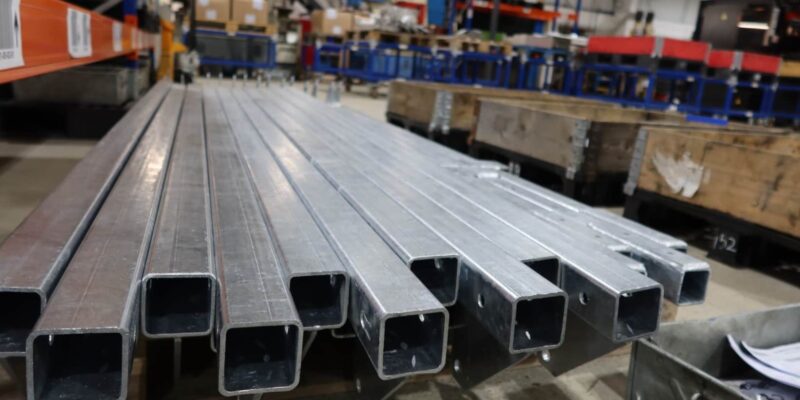
On the 8th May 2025, the UK and US reached a trade agreement that eliminates the 25% tariffs on British steel and aluminium exports to the US, providing much-needed relief to the UK steel industry. This development offers some relief for manufacturers who have been managing ongoing supply chain volatility and rising costs.
However, the agreement maintains a 10% baseline tariff on most goods, and many details are still being finalised. This ongoing uncertainty underscores the importance of building resilient and flexible supply chains.
Why Supply Chain Resilience Matters
The removal of specific tariffs under the recent UK-US trade deal is a positive step, particularly for sectors that rely on steel and aluminium. However, it does not signal a return to stability. The broader trade environment remains volatile, and UK manufacturers must continue to plan for disruption.
The reasons are clear:
Ongoing ownership concerns in the UK steel industry: The Guardian recently reported that the US has placed conditions on British steel exports linked to Chinese ownership of UK plants. This means that even with the tariff removal, businesses could still face barriers depending on where their materials originate or who owns the facilities producing them.
Instability in global shipping lanes: Red Sea attacks earlier this year and ongoing geopolitical tensions have led to shipping delays and rerouted cargo, particularly for goods moving through Asia and the Middle East. These disruptions have pushed up freight costs and lead times, with ripple effects for everything from raw materials to finished components.
Currency fluctuations and fuel pricing: The global economy remains highly reactive to political developments, and the pound’s strength against the dollar or euro can affect procurement budgets overnight. The unpredictability of fuel costs also continues to put pressure on transportation pricing.
Limited domestic production capacity: The UK still produces relatively little of its own steel. Even if demand for reshoring grows, local supply is not always guaranteed, and competition for domestic sources is increasing.
In this climate, relying heavily on a single overseas supplier, route, or material source leaves too much to chance. Manufacturers who want to protect project timelines, control costs, and maintain delivery reliability are reassessing their approach.
Supply chain resilience is not just a risk-management exercise. It is becoming a competitive differentiator.
Our Approach
As a Wiltshire-based fabricator, we at De Marchi Engineering have proactively strengthened our UK supply chain to mitigate risks associated with international sourcing. Our focus on local suppliers and in-house capabilities allows us to offer more reliable lead times and greater control over quality.
For instance, earlier this year, we assisted a client in the water treatment sector who faced a ten-week delay from an overseas supplier. By leveraging our local partnerships and in-house team, we completed the project in just three weeks, preventing a wider project delay.













